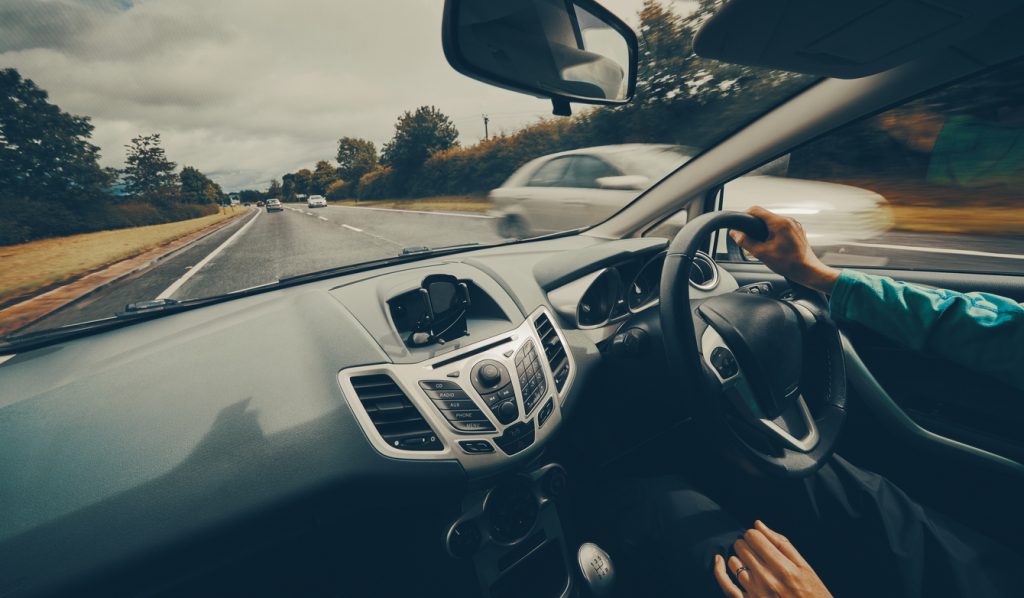Driving Under The Influence (DUI) charges are some of the most common road crimes that are charged against drivers across America. Especially if you are in a state where there are already strict laws against alcohol consumption, it can be a sticky situation. In other parts of the world, laws are even more extreme, especially where alcohol is not recognized as a legal substance. When facing DUI charges there are a lot of variables at play. The most important of these are the initial tests that are carried out on site by the police officer and how well you measure up against these tests.
Depending on how you perform on these tests the charges that you face will vary. Generally, there is a maximum amount of alcohol that is considered unacceptable for drivers. If you are under this measure, or even exactly at that measure you might be let go. However, depending on why you were pulled over and the severity of that situation a police officer might even charge you with DUI at that level or even slightly under that level. The amount of alcohol that is allowed to be present in your blood does vary from state to state. However, even if legal action has been taken, it is not necessarily the end of the road. Here are a few things that can help.
1. Driving Behavior Isn’t A Good Indicator
In most cases, the first thing that a police officer will notice about you that will trigger them to pull you over is how you are driving. Looking at things such as swerving, harsh braking, and a few other metrics an officer will evaluate will determine whether or not your driving patterns qualify as being erratic and can be associated with drunk driving. This is usually going to be the first thing that your lawyer will try to defend, and it is a great point to contest. This kind of behavior can also be associated with a number of other situations, such as road rage. More importantly, using driving behavior as an evaluation of whether or not someone is drunk is not a good measure and according to NHTSA statistics, roughly 3% of people who are pulled over for erratic driving are drunk.
2. Field Tests Aren’t Always Accurate
In the event you are pulled over, the police officer may ask you to do a test or multiple tests to diagnose whether you are drunk or not. Most commonly this includes things such as touching your nose with your fingertip with your eyes closed, or walking in a straight line turning around and returning to the starting point, and a number of other tests. While this might seem like a reasonable measure to the average person, your DWI lawyer will point out that these tests themselves are not good measures either. They could be influenced by a number of other factors such as fatigue, nausea, improper footwear, or just naturally poor motor skills. These factors can have an impact especially if you’re in court trying to plead your case.
3. Accuracy Of Breath Test
One of the most common types of tests that are done by police officers is the Breathalyzer test. If the police officer does perform this test, you can be confident that they will bring this test score to court. However, there are flaws in this system as well which can be contested. There are a number of factors that can cause an inaccurate reading. If you have recently used mouthwash, if the machine itself hasn't been maintained properly or if you have a certain medical condition, the machine will show a higher BAC score than it should. Moreover, depending on the kind of Breathalyzer that is used, there could be additional factors that can be contested.
4. Variations In Blood Work
If you have blood work done to evaluate the situation, there are some things that could contribute to incorrect readings on this report as well. If you have certain medical conditions or the blood tests have not been done properly, you could challenge the accuracy of the findings. Even things such as not having blood samples stored properly can negatively impact the report.
Even though fighting a DUI case can be a challenging situation, a lawyer who is familiar with the law and familiar with this particular charge can help you get out of it. In reality, there are a lot of things that actually make the DUI charges very weak, but things do vary from case to case. Your best bet is to work with a competent professional and improve your chances of success. Self-representing in these cases is not the best option since there is a lot of technical knowledge that is required.





















